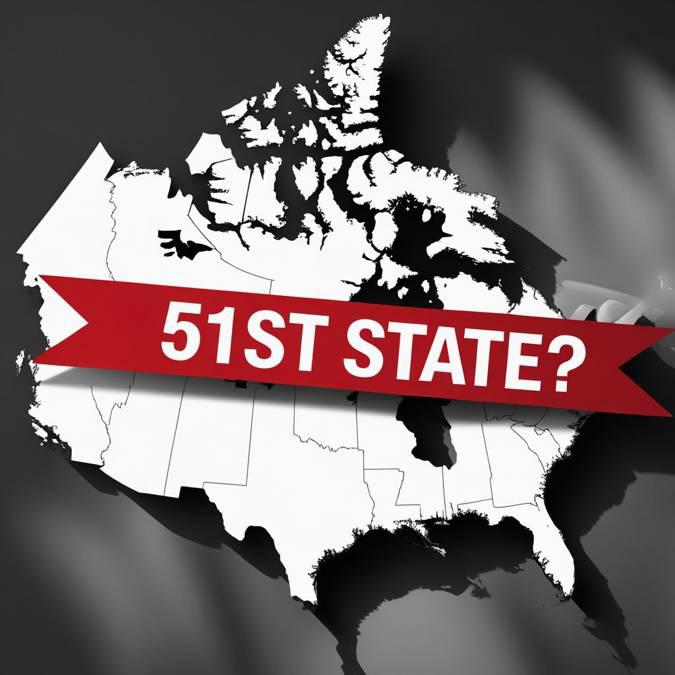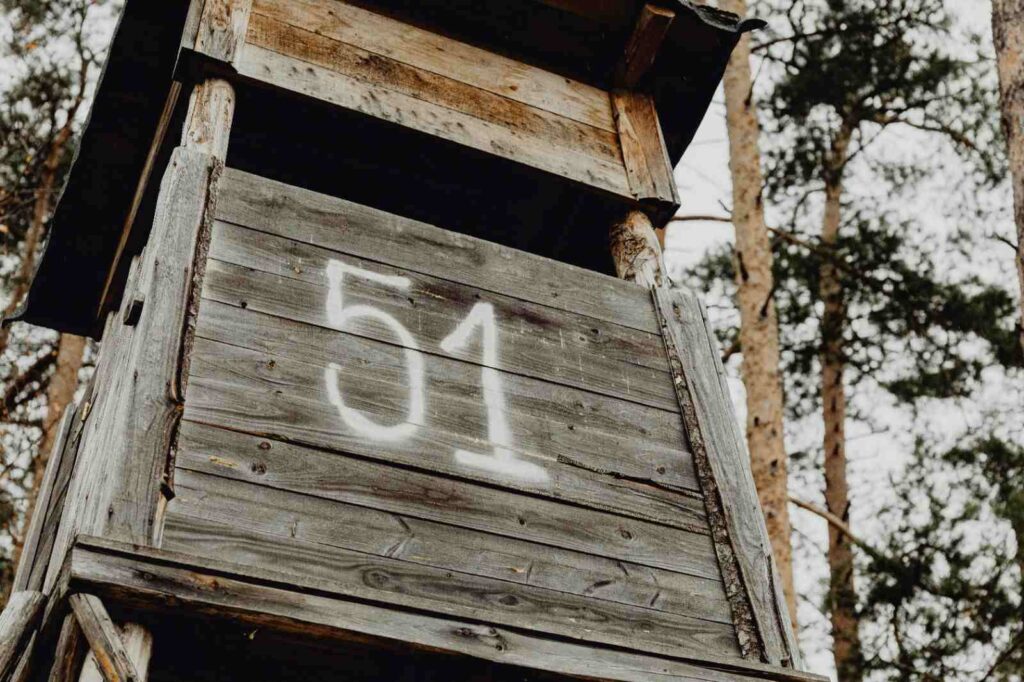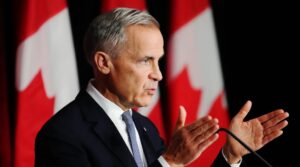Can a Canadian Province Secede? Alberta’s Push to Become the 51st State Goes Viral

EDMONTON, AB — A provocative billboard campaign across Alberta has reignited debate over whether a Canadian province can legally secede—this time with a twist: the call to join the United States as its 51st state.
The group behind the campaign, dubbed the America Fund, has funded highway signs urging Albertans to “choose freedom” and “join the USA,” stirring online debate and political backlash. While the group’s presence remains limited, its messaging has gone viral across social media, surfacing once again the longstanding question: Can a Canadian province secede?
According to constitutional experts, the short answer is no—not unilaterally. Under Canada’s Clarity Act, any province wishing to separate must first hold a referendum with a clear majority on a clear question. Even then, separation would require extensive negotiations with the federal government, other provinces, and Indigenous communities whose treaties span provincial boundaries.
“There is no legal path for Alberta—or any province—to simply exit Confederation,” says Dr. Lisa Caron, a constitutional law professor at McGill University. “Secession would require rewriting the Constitution, which is nearly impossible without national consensus.”
Alberta Premier Danielle Smith has distanced herself from the billboard campaign, calling it a distraction. “We are focused on asserting Alberta’s rights within Canada, not leaving it,” she said during a press conference in Calgary.
Still, the campaign has struck a nerve with some Albertans who feel increasingly alienated from federal policies—particularly those affecting energy, taxation, and firearms legislation. Alberta’s rich oil and gas sector has long clashed with Ottawa’s climate initiatives, fueling a wider political divide.
This isn’t Alberta’s first flirtation with separatist rhetoric. In 2001, the “Firewall Letter” co-authored by Stephen Harper called for Alberta to assert more control over its affairs. In recent years, movements like Wexit and the newly passed Alberta Sovereignty Within a United Canada Act have further stoked debate, although support for actual secession remains low in polls—hovering around 20% at most.
On the U.S. side, there is no constitutional mechanism for annexing a foreign province. Despite offhand comments made by U.S. political figures—most notably former President Donald Trump, who hinted earlier this year at “welcoming Alberta’s values”—any attempt at integration would require congressional approval and likely a constitutional amendment.

Political observers argue the latest campaign is less about policy and more about performance. “It’s a symbol of frustration, not a serious proposal,” said Dr. Amir Chen, a political science researcher at the University of Alberta. “But it reflects a deepening discontent that federal leaders cannot ignore.”
While the idea of Alberta becoming the 51st state remains in the realm of political fantasy, its viral resurgence reflects real tensions in Canada’s federal structure—tensions that Ottawa may need to address before fringe rhetoric finds firmer ground.



